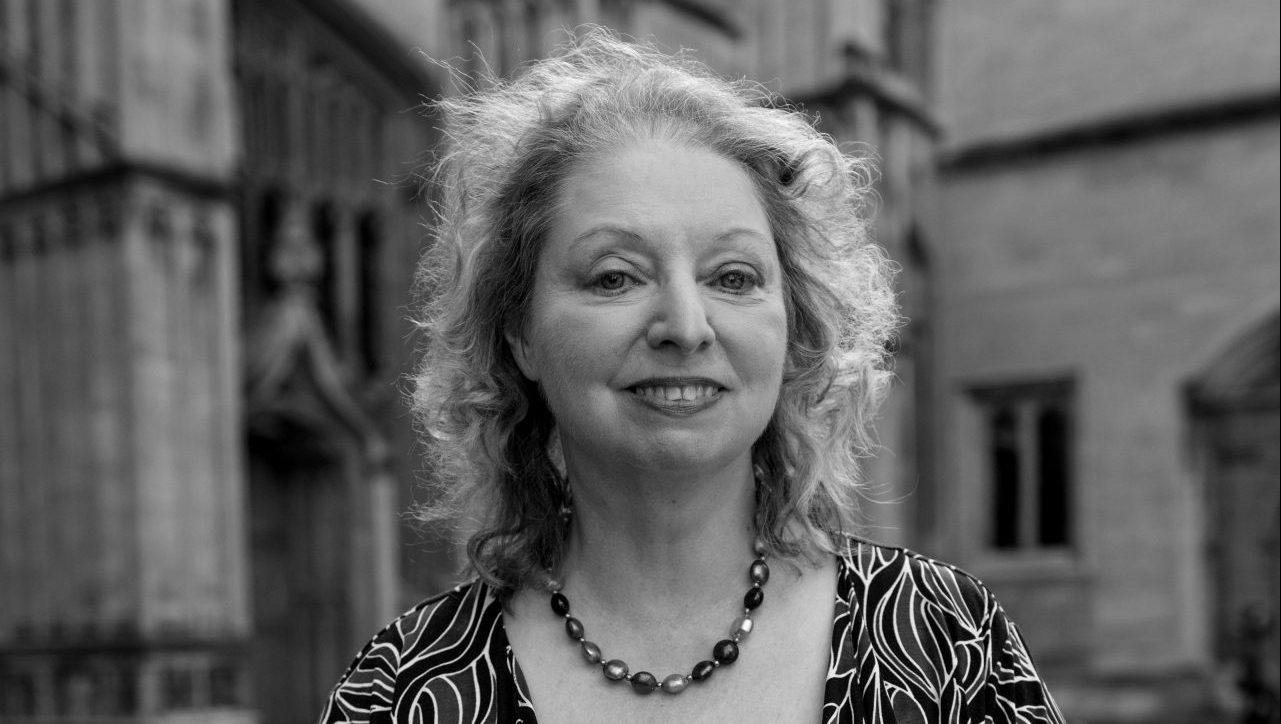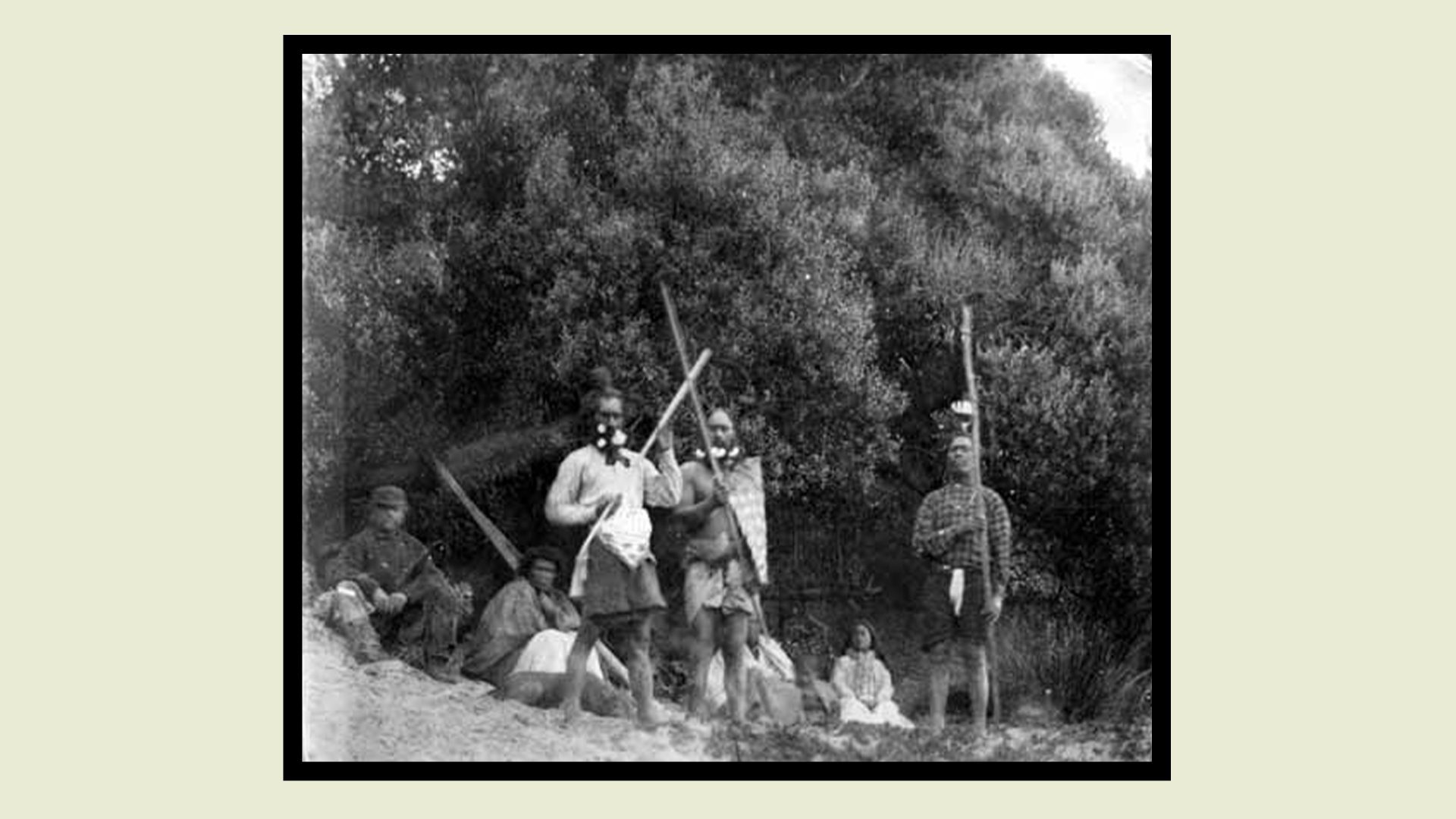When a much-loved author dies it can prompt a confusing swirl of feelings. We don’t, in most cases, know them personally yet we have developed a strangely intimate relationship at a level usually reserved for people close
to us. All those hours spent with them one-to-one, a book in our hands, taken into their confidence as they shared with us the stories that flowed from their imaginations to their fingertips, the words they wrote, revised and reworked for us in which we became immersed and stepped fully into worlds they created.
When the death of Dame Hilary Mantel was announced last Friday those of us who read and loved her books – and there are legions of us – took it personally. She’d written at length over the years about the fragility of her health but that didn’t lessen the impact of news whose suddenness seemed wickedly larcenous. She was only 70 years old, practically still middle-aged by today’s standards, but it was a disorientating blow for reasons way beyond her youth.
The worlds she’d built for us were snuffed out at a stroke, the eras, places and people she had constructed in our minds through her brilliant prose and
extraordinary imagination. Because nobody conjured worlds like Hilary Mantel.
Take the opening page of Wolf Hall, where at the dawn of the 16th century a 15-year-old Thomas Cromwell is being kicked to a pulp by his father in a filthy yard in Putney. Bloodied, swollen and prostrate on the filth-smeared cobbles, Cromwell turns his head and notices that “the stitching of his father’s boot is unravelling”. It’s only the second paragraph of the first page of the first book in a trilogy that would go on to win two Booker prizes but already a simple loose thread of twine has placed us fully inside the world of
16th-century London.
It’s hard to grasp that that world, along with the others she built so vividly, is gone and there will be no more. Mantel finished with Thomas Cromwell on the publication of The Mirror and the Light in the spring of 2020, but given her other fiction spanned the likes of the French Revolution, an 18th-century
Irish giant, missionaries, a woman’s life in Saudi Arabia and spiritualist mediums, what wonders she would have produced over the next decade and beyond must remain the subject of awed, wistful speculation.
Most of all, perhaps, her death is felt so keenly because of her fearless authenticity. In her fiction, in interviews, features, lectures, festival appearances and even in her book reviews she displayed uncompromising opinions presented with convincing authority. A long way from a deliberate
controversialist, whenever Mantel wrote or spoke you could be certain it was the product of thought, knowledge and experience. Most of all, she meant it.
In 2014, for example, she published a short story called The Assassination of
Margaret Thatcher and happily admitted the plot, in which an assassin forces his way into a woman’s flat in Windsor ahead of a visit from Thatcher and shoots the then prime minister with a sniper’s rifle, was inspired by an
occasion in 1983 when she fantasised about doing exactly that when she
caught sight of Thatcher from the window of her home.
“Yes, I would still write it today,” she told the Italian newspaper La Repubblica last year. “You have to say of Mrs Thatcher that she was worth hating, and worth her place in fiction.”
That interview, on the occasion of her 2003 memoir Giving up the Ghost being published in Italy, was characteristic in its informed honesty. She spoke articulately and at length about her distaste for the current British government, Brexit (“the Brexiteers are smaller people, callow opportunists, insincere and devious and often ridiculous. They are worth a joke, a swift satirical comment, a cartoon or graffiti. They are not worth a story”) and the prevailing myths of what comprises “Britishness”.
The interview was, like her 2013 lecture at the British Museum criticising the treatment of women’s bodies in the public realm, including that of the current Princess of Wales, deliberately mispresented as anti-British by the usual dimwitted gobshites, which only affirmed Mantel’s stance.
Brexit had prompted plans to move to Ireland and unlike many who have talked this talk, Mantel was walking the walk, spending many of what turned
out to be her final months in west Cork concluding the purchase of a house
that replaced the cliffs of her beloved Budleigh Salterton with the Atlantic-battered southern coast of Ireland.
“I hope to loop back into my family story and become an Irish citizen,” she’d told La Repubblica. “My projected move has been held back by Covid, but much as I love where I live now – in the West Country, by the sea – I feel the
need to be packing my bags and to become a European again.”
Ireland was always important to her. Her 1998 novel The Giant, O’Brien, which at least until Wolf Hall was her favourite, was based on the true story of Charles Byrne, the “Irish Giant” of the 18th century whose bones were
taken and put on display in London where they remain today as “an awful
symbol to remind us of how the body of Ireland is cut apart”.
Although she and her parents were born in England, she was descended on
both sides from Irish families and Ireland was a constant presence as she grew up in Derbyshire. It forged a less parochial and innately European
outlook that never left her, as well as giving her an outsider’s perspective on her home nation.
“We were northern, working-class and Catholic and to me, Englishness was protestant and southern and owned by people with more money,” she said. A strong sense of European-ness was always present in her fiction. It wasn’t published until 1992 but her first novel, the French Revolution epic A Place of Greater Safety, was completed in the late 1970s.
“When I began to write historical fiction it was as natural to me to set my story in France as to write about any part of the English past,” she recalled. “The French Revolution seemed to me so central to the modern world that I
was surprised, when my book was published, to find that it was marginal to the perception of most readers… I didn’t know they regarded it as essentially foreign; I thought we all owned it.”
Describing herself as a European rather than an English writer, she revelled in the networks of culture and communication the continent facilitates. She recalled standing by the Danube at Passau in Germany and being presented with the choice between taking a boat either north to Amsterdam or south to Vienna.
“Ah, Europe connects,” she sighed to herself, explaining at least in part why she identified so strongly with a historical figure who spent a large part of his adult life in France, the Low Countries and Italy.
“It is a central fact in the trilogy that Thomas Cromwell is not very English himself,” she said. “Leaving the country in his teens, he returns as a restless
cosmopolitan.”
An inevitable consequence of the death of a much-loved author is that different groups of people set out to claim them as one of their own, part of their tribe. In writing here of Mantel’s thoughtful Europhilia and distaste for
Brexit , I’m as guilty as anyone currently eulogising our greatest contemporary novelist. She wanted facts to be freed by discourse, not manipulated into further entrenchment. Facts were a launchpad for the imagination; truth about much more than winning arguments.
She was always keen to emphasise that her fiction, and the Wolf Hall trilogy in particular, was exactly that: fiction. She wasn’t claiming Cromwell for a particular group and certainly never intended to present her vision of him and the other protagonists of Tudor England as definitive, as history. Her research was meticulous and extensive but the motives, thoughts and actions of individuals that she inserted into the gaps between the documents were entirely her own creation.
She wasn’t setting out an argument, wasn’t claiming historians got it wrong, just building living, breathing human beings from the research available to
her. Detaching those humans first from the documents and then from the
limitations of her own imagination took graft as well as talent. Once she mastered that, oh, how her writing soared.
She could identify the moment when she came to serve her characters rather than the other way around. When preparing a novel she would close her eyes, clear her mind and invite her characters to sit before her on an
imaginary plain wooden chair. When the protagonist of The Giant, O’Brien approached the chair, he tested it first with his hands to make sure it would
take his weight. She hadn’t thought of that, she realised, he’d done it himself.
From that moment her characters had their own agency.
In death, some of her own agency is taken from her, not least by articles like
this one, but she anticipated that.
“As soon as we die we enter into fiction,” she said in 2017. “Just ask two different family members to tell you about someone recently gone and you
will see what I mean. Once we can no longer speak for ourselves, we are interpreted.”
However we interpret the death of Hilary Mantel, she is an impossible loss
to literature. The worlds she created may have gone dark, but at least we can
still access their phantoms via the books on our shelves.
“There are no endings,” she wrote as the last words to Bringing Up the Bodies. “If you think so you are deceived as to their nature. They are all beginnings.
Here is one.”




